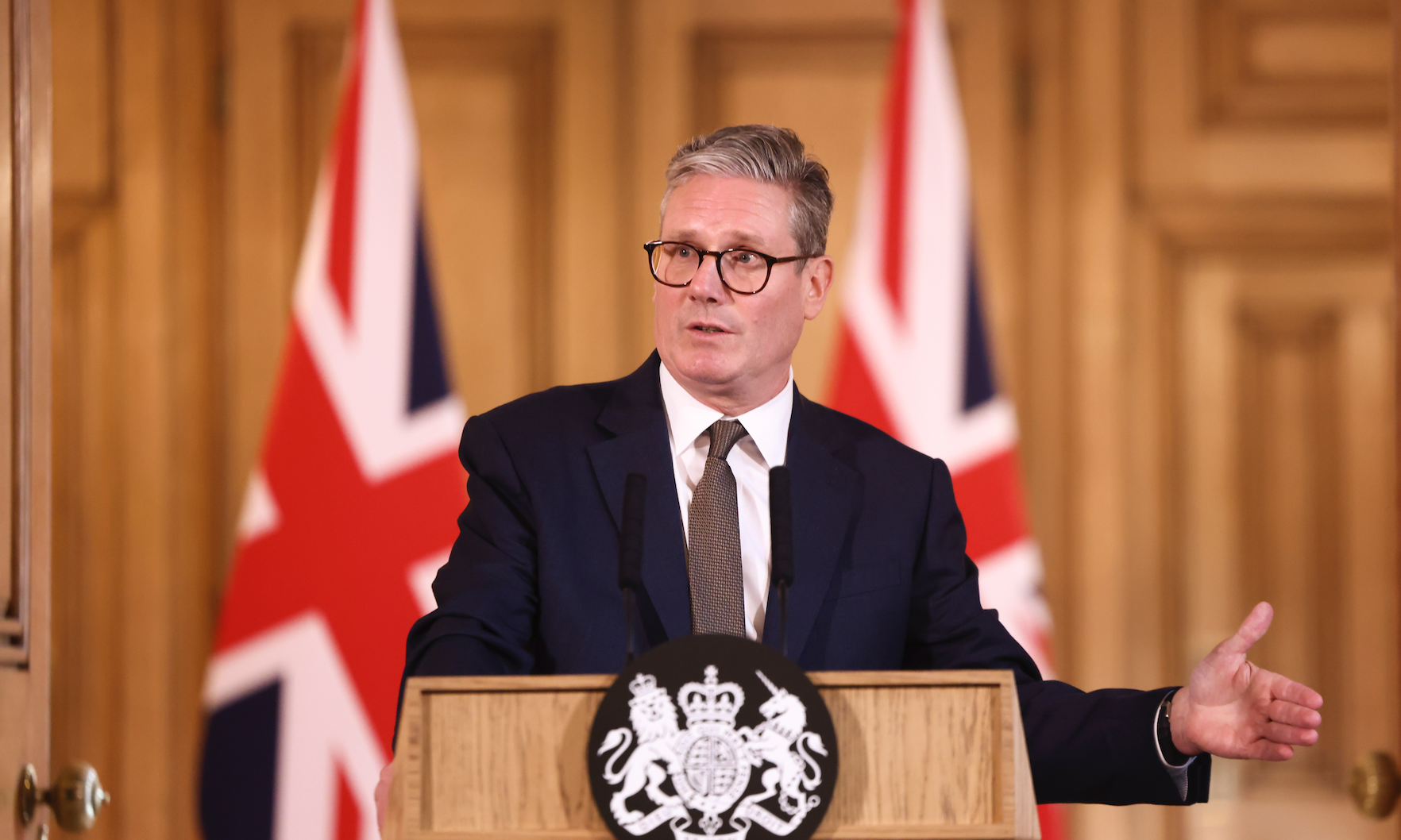New UK prime minister Keir Starmer, whose Labour party won a landslide victory last week
Courtesy of Flickr
The Labour party won a landslide victory in the UK’s general election on 4 July, upending 14 years of Conservative rule and gaining a massive 411 seats out of 650 in total.
But what will be the impact on the art trade? Traditionally, the Labour party is perceived to be less on the side of the wealthy—those who often buy art.
For instance, for years before July’s result, the Labour party had promised to end the “non-dom” tax regime, under which certain affluent UK residents did not pay tax on their overseas income. That policy was then adopted by the Conservatives under then-chancellor Jeremy Hunt, and even before the election had led to many high-income individuals fleeing the country for more tax-favourable countries.
However, the newly appointed chairman of the British Art Market Federation (BAMF), Martin Wilson, is optimistic about the impact Labour will have on the art trade.
Wilson is a lawyer and since 2018 has been the chief legal counsel and head of Fiduciary services at Phillips, having been previously been at Christie’s for 10 years, so he is perfectly placed to understand the complex issues involved.
“There have been gloomy voices claiming arts and culture are not a priority for the new government and that tax changes will upset things,” he says. “But I take the opposite view.” For a start, he says he is encouraged by the energy that comes with any new government, and he points out what the fact that the British art market is a “huge success story. Look at what the art market here creates in terms of tourism, and our position as a cultural hub. This government is, as they say, laser-focused on growth, so I think this is an opportunity to build on the existing success”.
What would he and BAMF like to see, and what is possible in this new environment? His answer is clear: “Just make doing business easier, notably for the import and export of art works, easing the administrative pressure put on large and small businesses.”
BAMF is already in talks with the Treasury about anti-money-laundering regulations, according to Wilson: “We would like to see the government and the Treasury reduce the administrative burden.” The other issue which he mentions is the possibility of simplifying Temporary Admission, which allows no duty to be paid on goods imported into the UK that will be swiftly re-exported, and which had already been under discussion before the election.
Overall, he hopes that the amount of paperwork could be alleviated. “When you look at the US—which is by far the largest art market in the world—they have the same concerns as we do but somehow manage to alleviate these with a lighter touch.”
Paul Hewitt, the director-general of the Society of London Art Dealers, reflects the same optimism. “Historically, the art industry has done well under Labour,” he says: “The past 14 years have seen growth impeded but now the new government is all about growth.” However he mentions one cloud on the horizon: the new import restrictions for cultural objects coming from outside the EU, which will be applicable in a year’s time.
However, Eva Langret, the artistic director of Frieze London, is a little less positive. “There are so many things on the agenda for the new government,” she says: “I fear that it can’t give priority to art and culture, that will come behind many other issues that are more pressing, but I am hopeful for change.”

